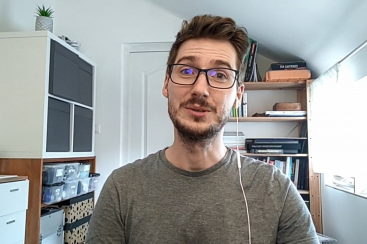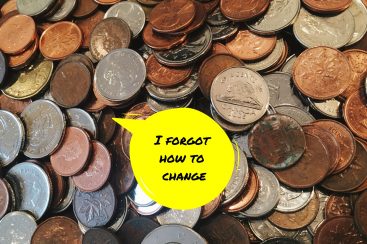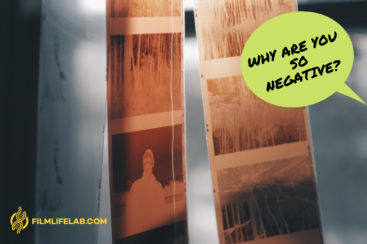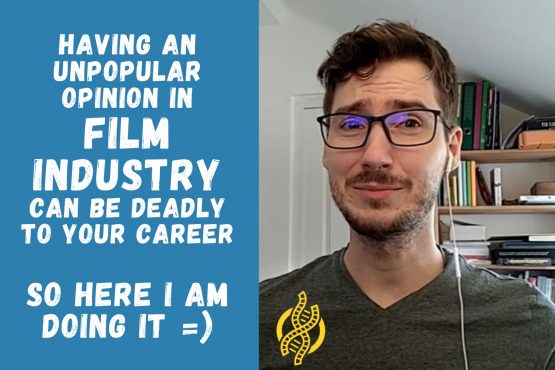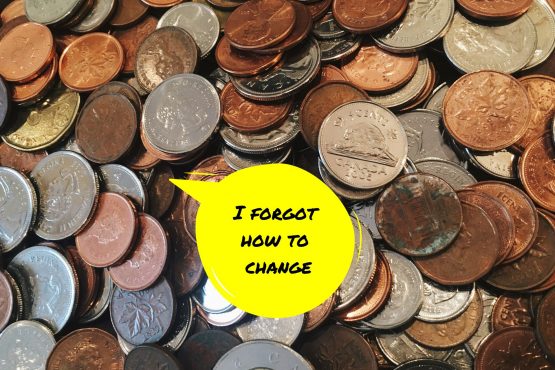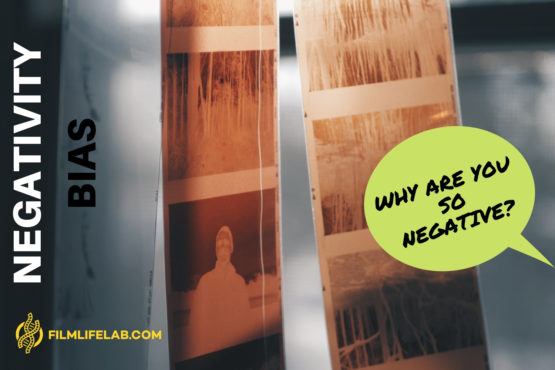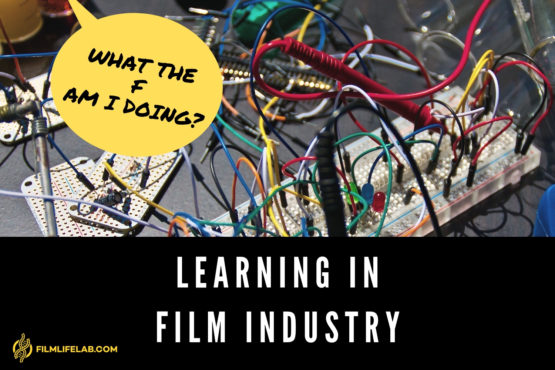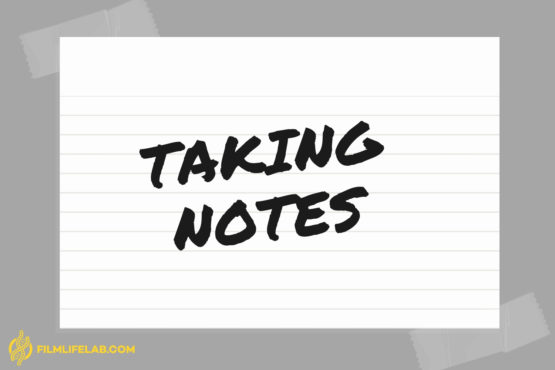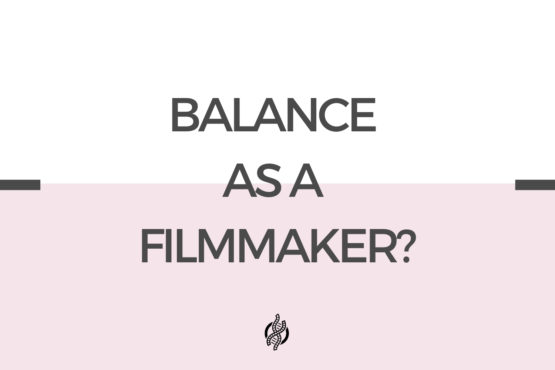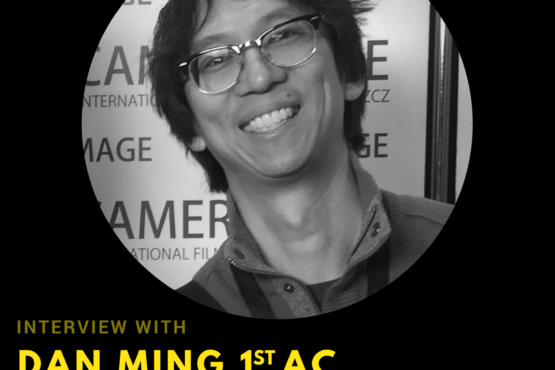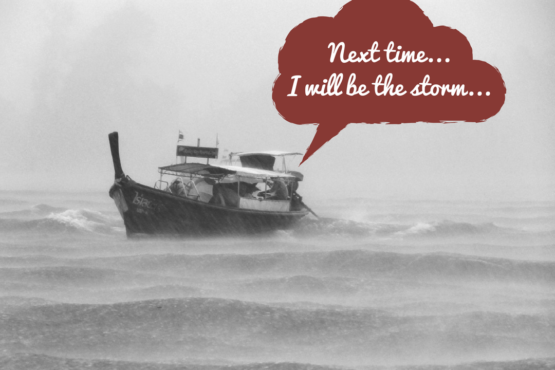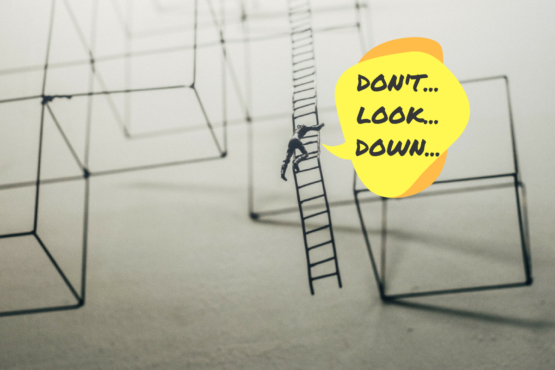Latest
We communicate all day long on filmsets, and a lot depends on good communication. Assertive
In film industry, we sometimes fall into the trap of comparing our bad leadership habits
VUCA (the old term) and BANI (the new) are acronyms for describing how the world works, and I think filmmaking already worked on the BANI environment of things. VUCA: volatile, uncertain, complex, and ambiguous - used to describe the world for a few decades till 2020 BANI: brittle, anxious, nonlinear and incomprehensible - a new way how the world works since 2020
Is softskills knowledge used by other industries applicable to film industry? Skills to work in
Let's be honest, we filmmakers suck at teaching newcomers. 😅 There is a very simple model that can help us understand the stages of skill acquisition, and the ways we can hinder or help others and ourselves at those stages.
Having an unpopular opinion in film industry can be deadly to your career – so here I am doing it =)
Film industry needs to learn more about soft-skills, especially leadership and learning skills. Other industries are light years ahead of us in this and that's why they are more efficient and more livable for the people working in them.
I am happily spreading the word about certain leadership and career skills for people working in the film industry.
But this doesn’t mean I believe that film industry can be overall totally different one day.
Yet why I am still doing this is...
Receiving feedback is usually hard. We human beings just don’t like when others feel entitled to tell us how we should have done what we have done. In a creative industry like film, it's a daily thing. But it's not just creatives who encounter this, it’s also part of the technical side of filmmaking as well.
Negative feelings, events, things impact us more than positive ones. Psychologists figured this out. So in a stressful environment like a film set, we can feel down more easily than we actually should do.
Film industry, is not set up for easy learning. This is why who can learn efficiently get ahead faster.
A lot of things are going wrong on set usually. I think most of these happen because of unclear communication. But fortunately an easy solution was already taught to us, we just need to use it consciously.
“The palest ink is better than the strongest memory” I recently met this chinese proverb, but I have already seen the truth of it many times before. On set, in the rental, everywhere.
I noticed how one of the 1st ADs I worked with recently remembered my name only after one short introduction. Even after not having worked together for a week or so he greeted me by my own name. I was curious if it was something that came naturally for him, or he was working on it deliberately.
A couple of years ago as a newbie in film industry I was frustrated with the endless incoming line of new tasks. Each new one overwriting the previous one in importance. Feels like we have to work on multiple things simultaneously. If you look up multitasking everyone says, “just don’t do it”. “Create a work environment where you don’t have to multitask.” But is it possible for us in film industry?
When I’m working on a project, I feel guilty for not having enough time for friends, hobbies, family, housework, and other things. When I’m not working I feel guilty for wasting time when I would finally have the time for these. But I just want to rest! Have you ever felt this way?
Prioritizing on a film-set is often troublesome. Everything seems to be important and usually all of them at the same time. And like it’s not enough. When you get home, there are also new tasks waiting for you in your mailbox, or on the fridge door. All of them urgent and important as well. So what do we do? :D Well… panic and complain of course. But what should we do?
"Soft skills are a combination of people skills, social skills, communication skills, social intelligence and emotional intelligence quotients among others that enable people to navigate their environment, work well with others, perform well, and achieve their goals with complementing hard skills."
An in depth list with resources to start with.
On set, we make mistakes whether we acknowledge them or hide them.
Noone is perfect. And it’s perfectly okay.
I think it is also culturally embedded in the film-crew that making mistakes is something close to the end of the world, and in some cases it is.
But let's see what else is out there about making mistakes.
Especially when you are just starting out.
Lets talk about film-life topics with the "A" - Camera Focus Puller of Life of Pi, Saving Mr. Banks, The Founder, Only the Brave:
- Being ready for things going wrong
- Building a great team
- Personalities on set
- Letting things go
- A reversed career path to 1st AC
- Networking
- Shifting gears to Family life
- Mentoring, Being mentored, Lifting others up
- Being ready for opportunities
... and more.
Lets talk about film-life topics with the VFX DP of Inception, Dark Knight, Hunger Games:
- Managing a team of people you don't know
- Managing time on set
- Delegating tasks
- Relationship with upper-management
- Career path from something non film through lighting, to DP-ing
- Work/Private-Life Balance
- Financial planning while working in film industry
We never expect someone else to imagine a book the same way we do, but we always demand others to imagine the execution of a task exactly the same way we have.
Transferring thoughts don’t happen by itself, you have to learn how to do it properly and precisely.
An in-depth article about delegating and micromanaging.
Success happens only when you keep doing awesome work in the face of setbacks and frustrations long enough for a breakthrough to happen. Some kinds of motivation will take you only to the next stop, but for a successful career, you need to know which will survive the marathon.
Do you remember your worst boss ever? Have you ever wanted to become like him/her? We have seen a lot of HODs who became the stereotypical “horrible boss”. I doubt they ever wanted to become like that.
To work quickly, efficiently, precisely, without many errors, to avoid losing time on set or during the creative process, or even on your days off... These are all built on the same core skill: the ability to focus your attention.
Or is it just killing your career?
Dale Carnegie, the 20th century pioneer of “people skills” has an answer for that.
He spent his life researching these topics both theoretically and practically.
The fact is, "talent" as we know it does not exist. You can become the world’s best in any field.
Researches of the past decades proved that none of us is born with advantages. Not even in music or sports. There are scientists who were able to teach perfect pitch to anyone.
The Competence Ladder is a concept for understanding the process of gaining new skills.
By getting a hold on how this process works, we can eliminate a lot of needless stress, waste of energy, and even quitting.
Discussing, bargaining, motivating, managing time, solving problems, delegating, giving feedback, resolving conflicts.
Are we really just artists and technicians?

